The Honest Truth About Hybrid Plants
As an Amazon Associate and member of other affiliate programs, I earn from qualifying purchases.
A hybrid plant is created by crossing 2 varieties of vegetables to create a crossbred variety. Hybrid plants have a lot of advantages and some disadvantages when it comes to growing them in your home garden.
Seed saved from a crossbred vegetable is called f1 seed, but you might think of it as the first generation.
You hear a lot of people talking about heirloom veggies and why it is so important to grow heirloom varieties for your home garden. But I don’t hear a lot of people talking about the advantages of hybrid plants.
And if you are skipping varieties of your favorite fruits and veggies just because the variety is a hybrid, then you are really missing out!
Hybrid Vegetable Facts
- Hybrid plants are not genetically modified.
- Hybrid plants are not sterile.
- Hybrid plants are not going to contaminate your garden.
- Hybrid plants are not going to give you cancer.
Click here to read about the difference between heirlooms, hybrids, and GMOs.
Exactly what is a hybrid vegetable variety?
Usually, hybrid plants are created by vegetable breeders who intentionally pollinate one variety of vegetable, fruit, or flower with another variety of the same vegetable, fruit, or flower.
That’s it.
It’s kinda like a Labradoodle puppy. They have qualities of behavior, looks, and maintenance that are more desirable than either labradors or poodles on their own. But basically, they’re just a mixed breed.
You love Labradoodles right? (What’s NOT to love?!)
Hybrid plants are just mixed breeds. Nothing to be scared of there.
But they say I can’t save seed from hybrid plants!
Nonsense!
Of course, you can save seeds from hybrid vegetables.
In the vast majority of cases, the seeds from a hybrid vegetable will grow the same vegetable in the next generation.
If you’re faced with an SHTF survival situation, seed saved from a hybrid plant will still provide you with food.
But here’s the thing about hybrids, their genetics are unstable.
So the plant and fruit from the saved seed could be a little (or a lot) different from what you grew originally… but only in terms of size, shape, color, flavor, and vigor of the plant.
Your first hybrid plant was food. Your second-generation hybrid fruit is also food. You might like it more. You might like it less. But it’s still food.
If you did have to grow hybrid seeds for your food, then you would still have food and survive. So let’s just toss that concern out the door.
After about 7 generations, the hybrid variety will stabilize its genetics, and they become an open-pollinated variety.
Once they hit open-pollinated status, a lot of catalogs will refer to open-pollinated varieties as heirloom seeds.
Many so-called heirloom tomatoes were an f1 hybrid just 7 years ago.
But hybrid veggies are not as nutritious!
Baloney!
This is just silly. Don’t believe everything you read.
In fact, hybrid vegetable varieties can be bred to be more nutritious by altering the amount of color pigment (antioxidants) and increasing the bioavailability of antioxidants.
Hybrid vegetables can’t be organic
Hogwash!
Organic status refers to the way plants are grown and considers things like:
- Does the farmer use chemical pesticides or herbicides anywhere on the property?
- Are the plants fertilized with synthetic fertilizers (like Miracle-gro)?
- Are any of the crops grown on or adjacent to the property genetically modified?
But whether the plants are heirloom/open-pollinated or hybrid has nothing to do with being organic.
But the hybrid veggies will cross-pollinate with my heirloom veggies!
Okay, this one might be true.
If you have a lot of pollinators in your garden, it is possible that your hybrid varieties can pollinate your heirloom veggies.
But pollinators will also cross-pollinate different heirloom vegetables.
So if you’re concerned about getting pure seed from your plants, make sure to separate different varieties of plants by at least 3 feet or choose to grow only one variety of each type of vegetable.
The reality is that most of your garden veggies are self-pollinating.
Especially the ones that we tend to grow many types of like tomatoes and peppers.
Learn more about self-pollinating vegetables here.
And because of this, even in a densely planted garden with many types of veggies, most seeds will not be cross-pollinated.
What would happen if your heirloom veggies did cross-pollinate?
- You eat the fruit and never know it happened.
- You save the seed and you have a hybrid cross F1 seeds. And you still might not even know it happened.
Advantages to growing hybrid plants:
Hybrid plants are bred for improved vigor.
Many hybrid f1 varieties of vegetables will grow bigger, faster, and produce more fruit. They might also be more tolerant of heat, drought, frost, or rain.
Hybrid plants are bred for increased disease resistance.
This means they will make fruit even when faced with disease pressure that can kill heirloom plants. So if you’ve had trouble with late blight or mosaic virus in your garden, you might search out some resistant hybrid tomato varieties.
Hybrid plants are bred for improved flavor.
They might be sweeter, juicier, or less bitter than their heirloom counterparts. This is especially true when it comes to corn seed. Many of the sweetest varieties of corn are f1 varieties.
Hybrid plants are bred to be better looking.
Many hybrid varieties are bred to fit into tighter spaces, have perfectly round red fruit, or be smaller and more manageable or larger for more pounds per plant.
Disadvantages of hybrid plants:
- f2 plants are much less reliable than f1 plants
- you might have to grow a lot of f2 plants to get a good one
- you have to rebuy the seed for f1s
Don’t be afraid to grow hybrids
I have grown, eaten, saved seed from, and cross-pollinated with hybrids, and I’m not dead yet. So if you feel like trying something new, don’t hesitate to grow a vegetable variety just because it’s a hybrid.
Happy Gardening!
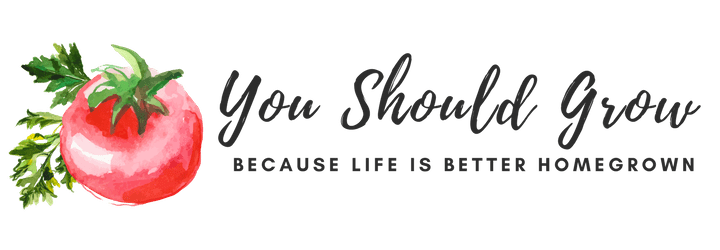

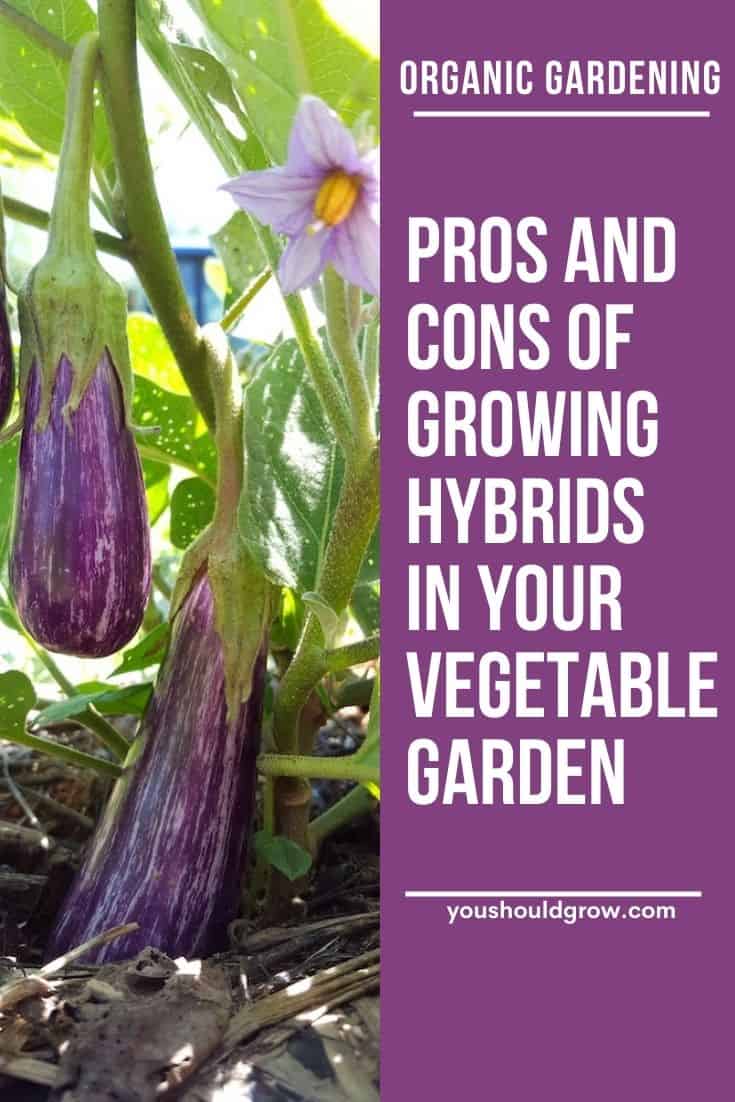
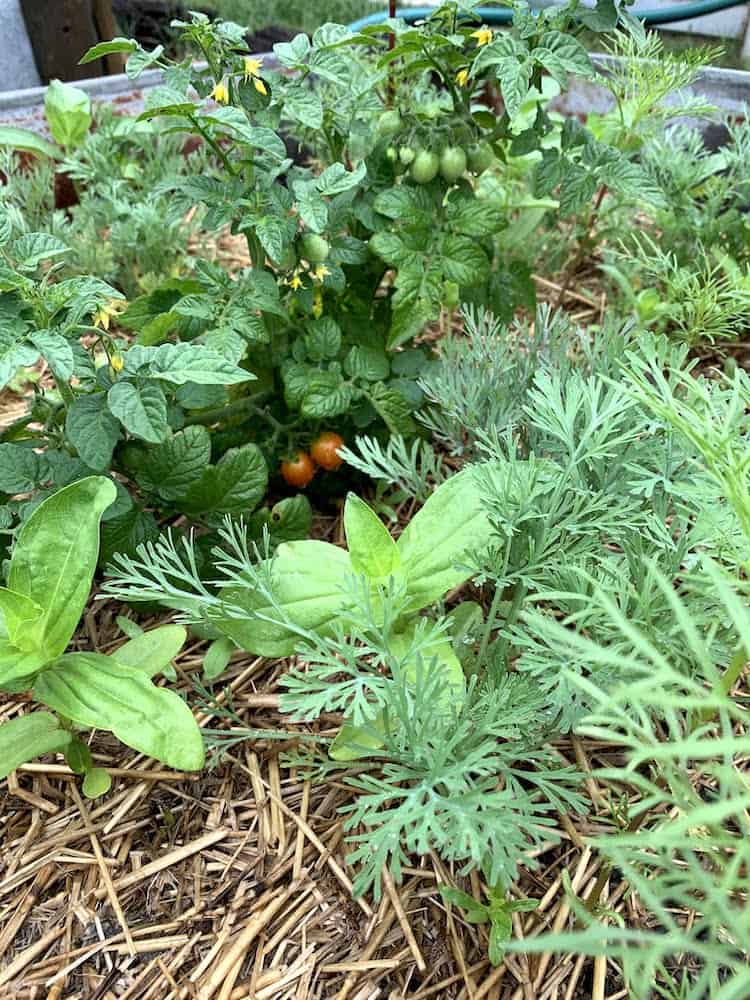
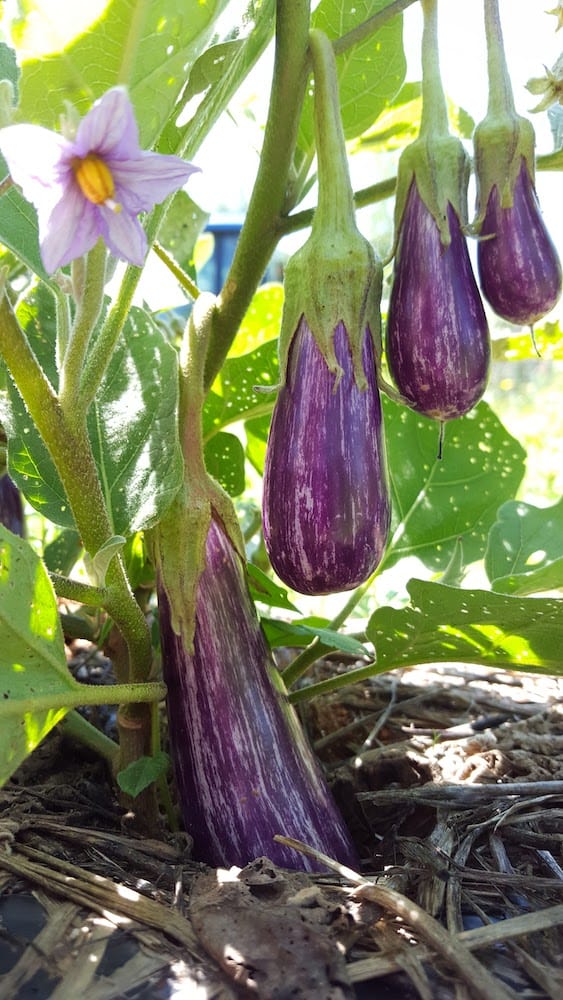
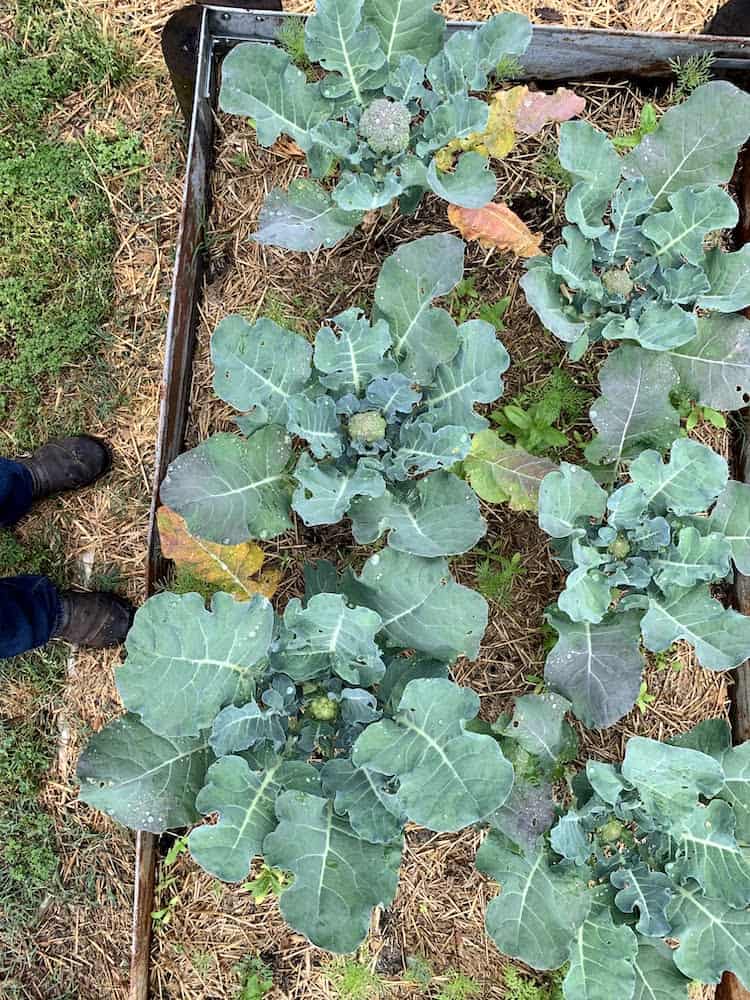
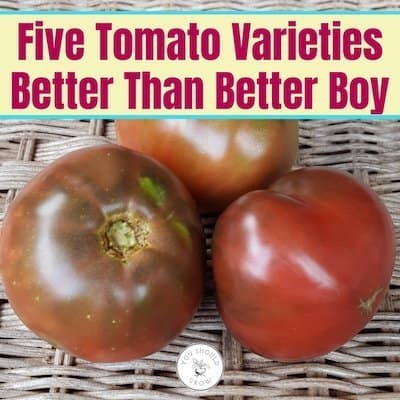
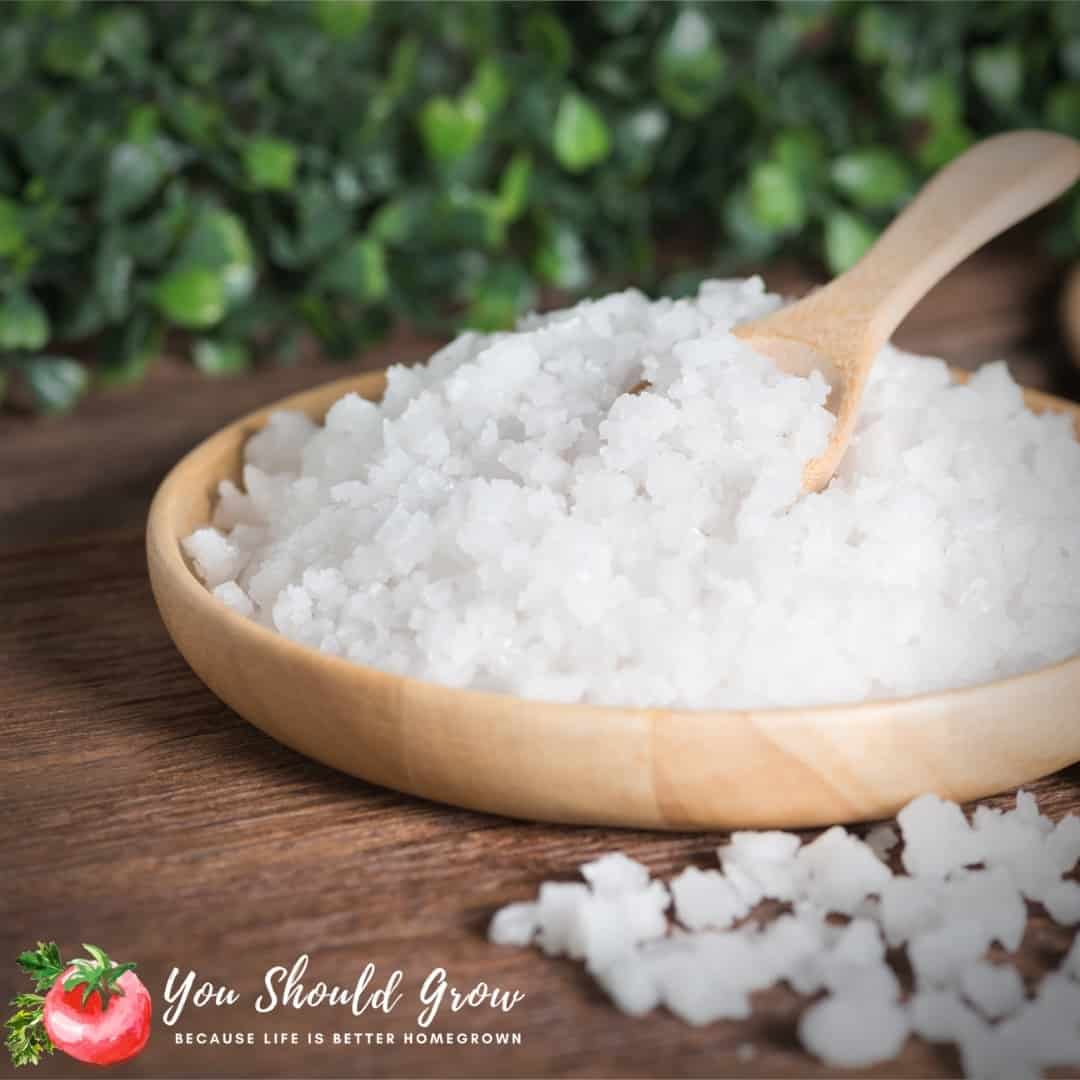
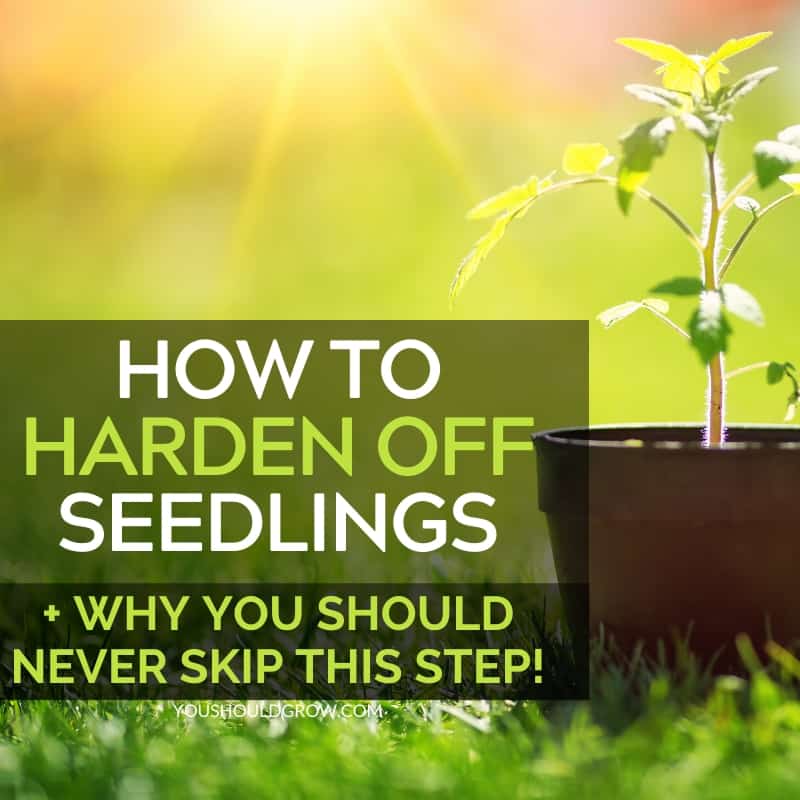
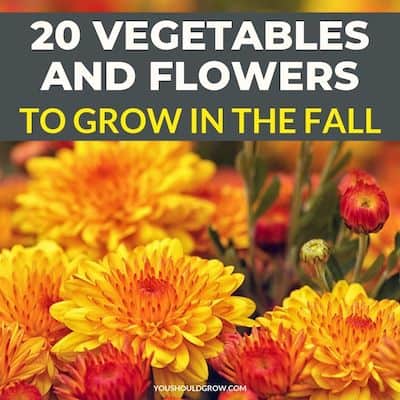
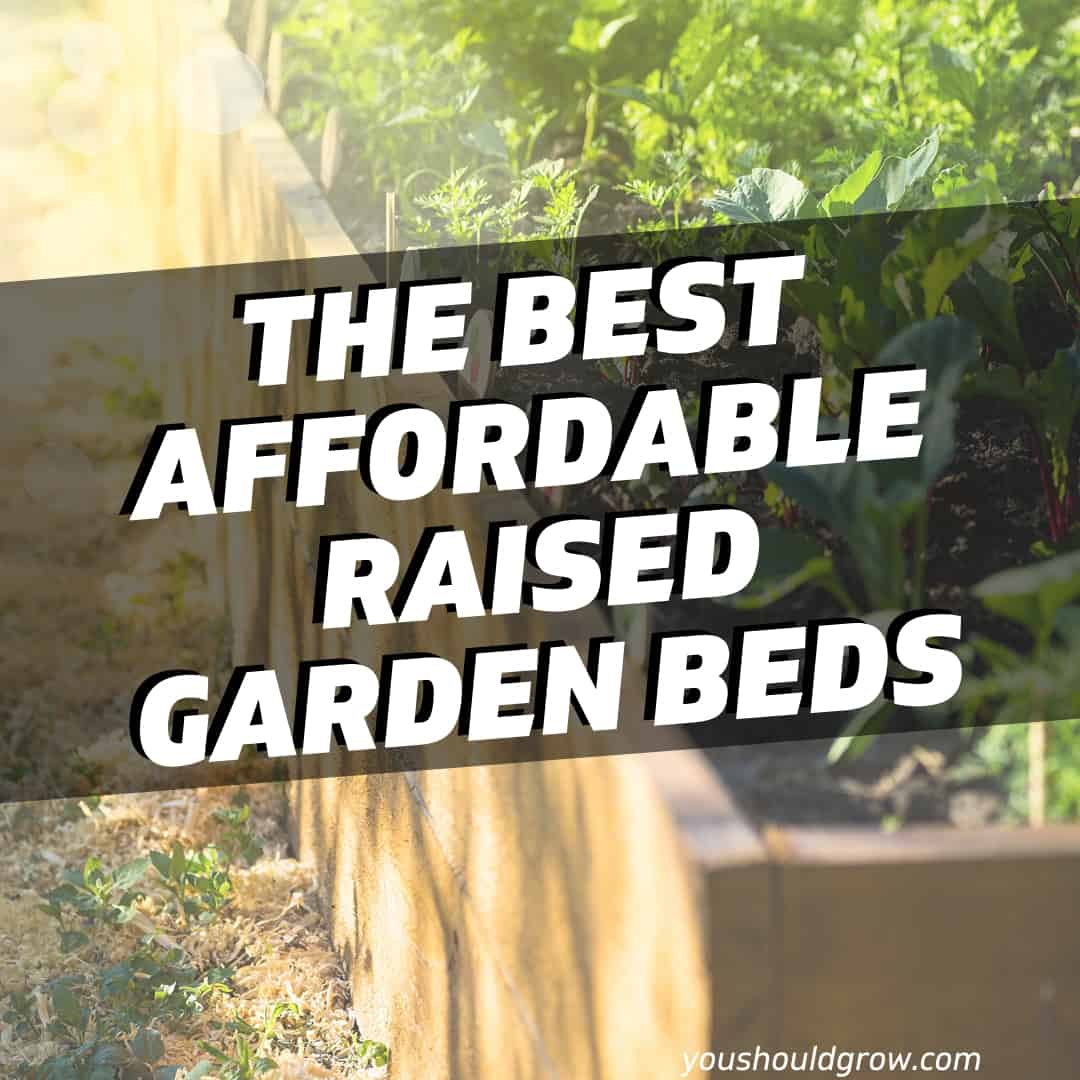
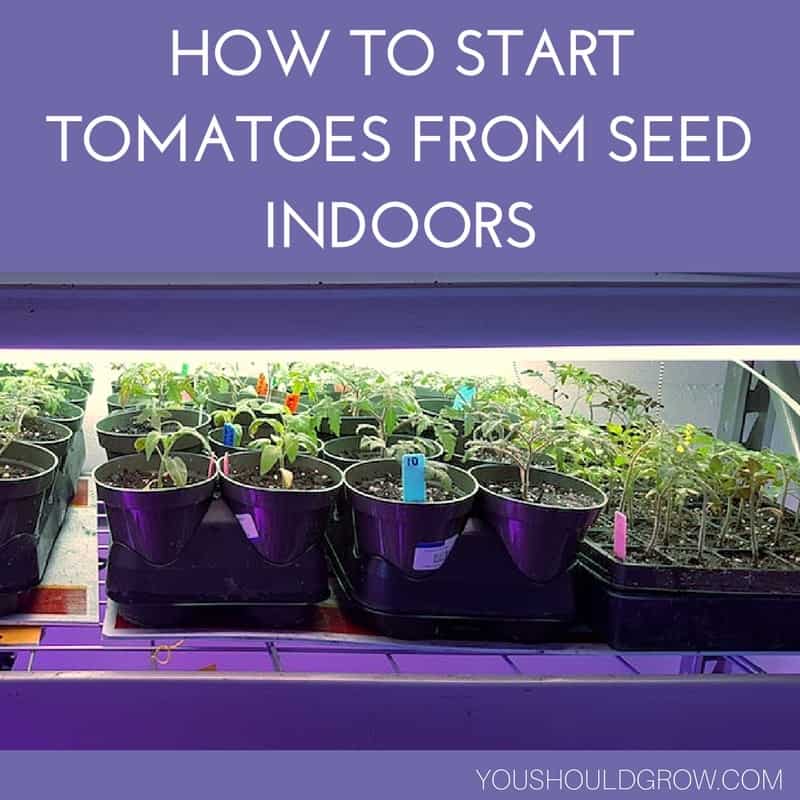
They have qualities of behavior, looks, and maintenance that are more desirable than either labradors or poodles on their own.